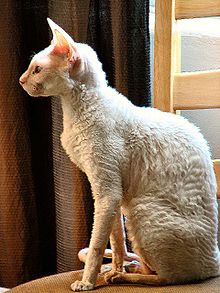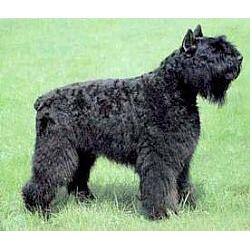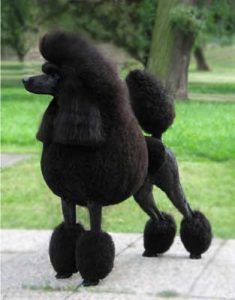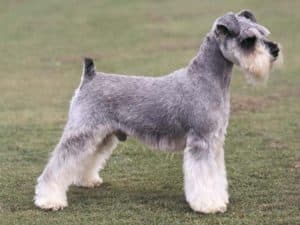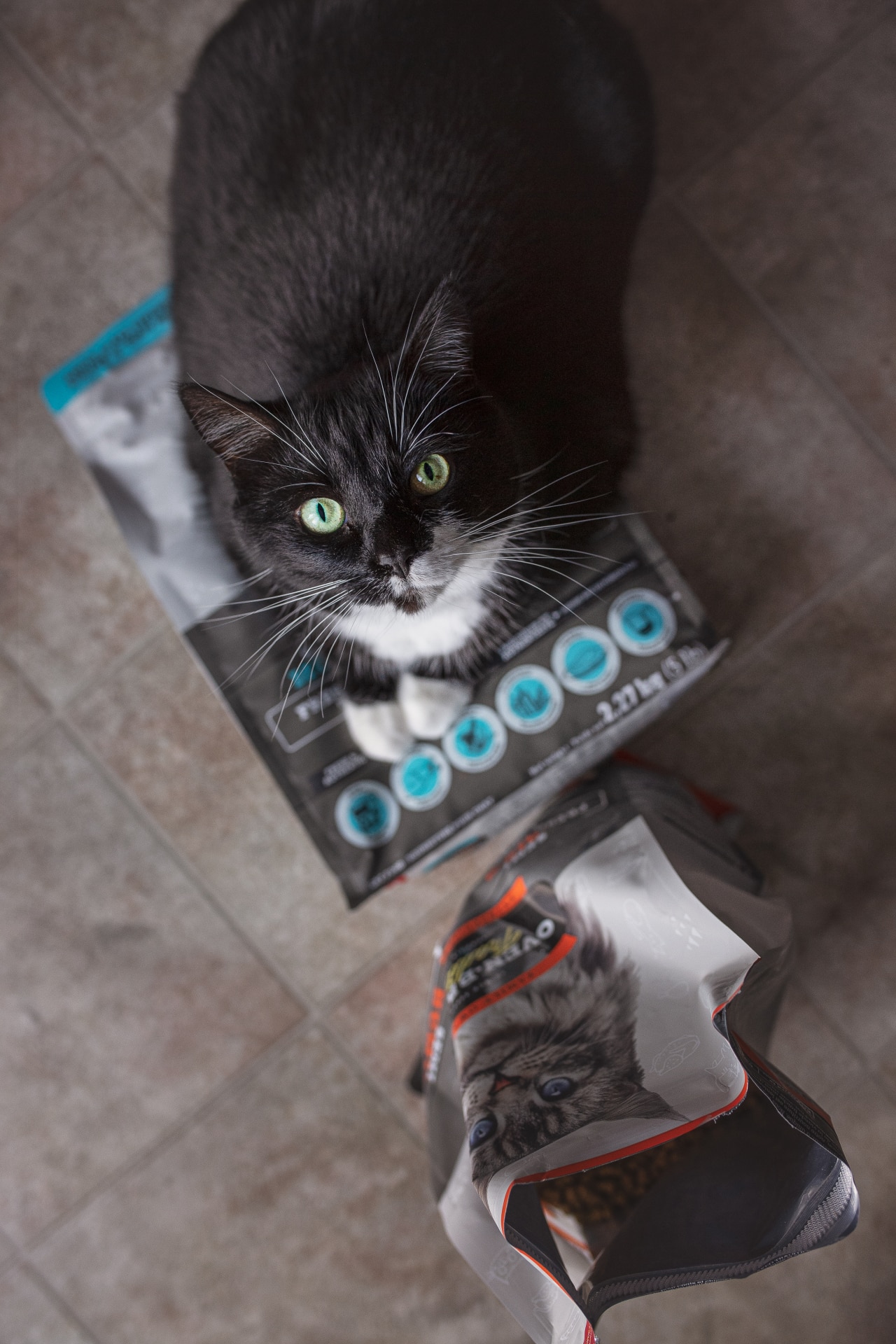Some dog and cat breeds are marketed as being hypoallergenic. Is there really such a thing as a truly hypoallergenic pets, either cats or dogs?
ALLERGIC REACTIONS
Close to 10% of all humans are allergic to cats, a little less are also allergic to dogs. These people are in fact allergic to a certain protein called allergen Fed d1 protein, which can be found in cat or dog hair, saliva, and dandruff. Inhalation or simply contact with this allergen can cause allergic reactions such as coughing, itching, and sneezing. Dogs usually secrete less of that allergen protein. Therefore, someone who suffers from cat allergy do not necessarily suffer from dog allergy, depending on the severity and the sensitivity of his or her allergies.
HYPOALLERGENIC BREEDS
Not all dog and cat breeds produce the same amount of this protein. Some breeds simply produce less secretions, which is the case with Sphinx and Malteses, while other breeds leave less of this protein behind in their environment, simply because they do not loose as much hair or skin flakes. This is usually the case with poodles, for instance.
Here is a list of cat and dog breeds that are known to be more hypoallergenic:
Cats
Siberian
Dogs
However, a recent study by the Henry Ford Hospital mentions that ALL dogs and cats do secrete this allergen protein in relatively high amount. 100 % hypoallergenic dogs or cats simply do not exist. It is also important to choose a cat or dog breed based on temperament and needs, and not only on fur type and look.
Well, this is not the whole truth. Recently, a biotech firm in San Diego – Allerca – has created a cat breed that is truly hypoallergenic. These cats have a mutant gene that causes them to not secrete ANY of the allergen Fed d1. Saddly, the waiting list to buy such a cat is of almost two years long, and the cats are being sold thousand of dollars.
HOW TO LIVE WITH A CAT AND A DOG WHEN YOU HAVE ALLERGIES
Some people love pets so much that they cannot consider not sharing their lives with a furry friend, even though they suffer from cat or dog allergies. Fortunately, symptoms of allergies are known to get better as their immune system gets stronger and develop a resistance against the allergen. Here are also pieces of advice so that the cohabitation is more pleasurable, and healthier:
– Cleaning should be a top priority! Regular vacuuming and dusting will get rid of the allergen found in dead hair and skin.
– Limiting access to beds and sofas. It is harder to get rid of hair on soft fabric, and it is important that you get a good night of sleep without allergy symptoms.
– Grooming. Remove all dead hair and skin by grooming your pet daily. Even better, ask your partner to do it! The removed hair and skin is all allergens that will not stay in your home environment.
– Ventilating your house. Whenever the weather allows, open those windows and get some fresh hair!
– Limiting contact with your pet. This is very hard to do for pet lovers! But at least avoid having your pet lick your face, and wash your hands after each petting session.
Do you have cat or dog allergies?
Cat allergies: http://www.webmd.com/allergies/guide/cat-allergies
Hypoallergenic cat breeds: http://www.catster.com/cat-breeds/hypoallergenic-cat-breeds
Truly hypoallergenic cat: http://www.allerca.com/
Top 10 best hypoallergenic dog breeds: http://www.sheknows.com/pets-and-animals/articles/815208/top-10-best-hypoallergenic-dog-breeds-1
15 Hypoallergenic Dogs and Cats: http://www.health.com/health/gallery/0,,20307349,00.html


